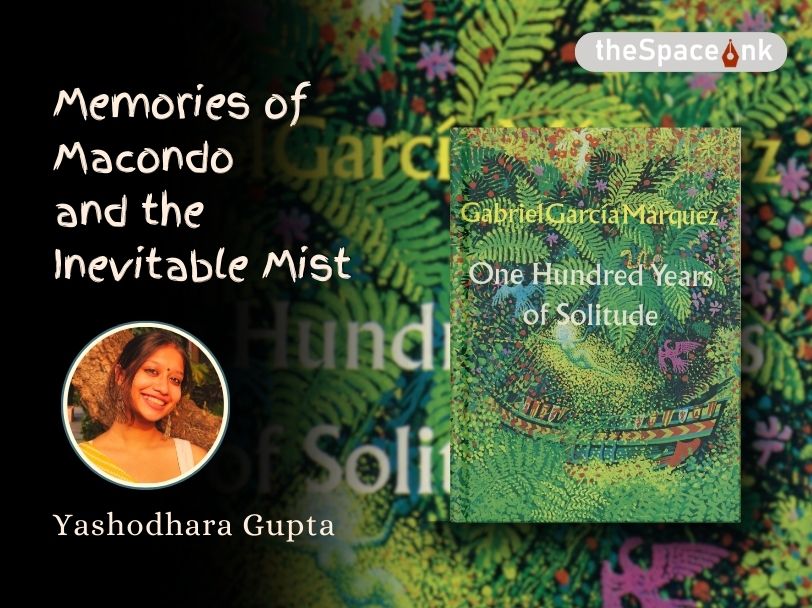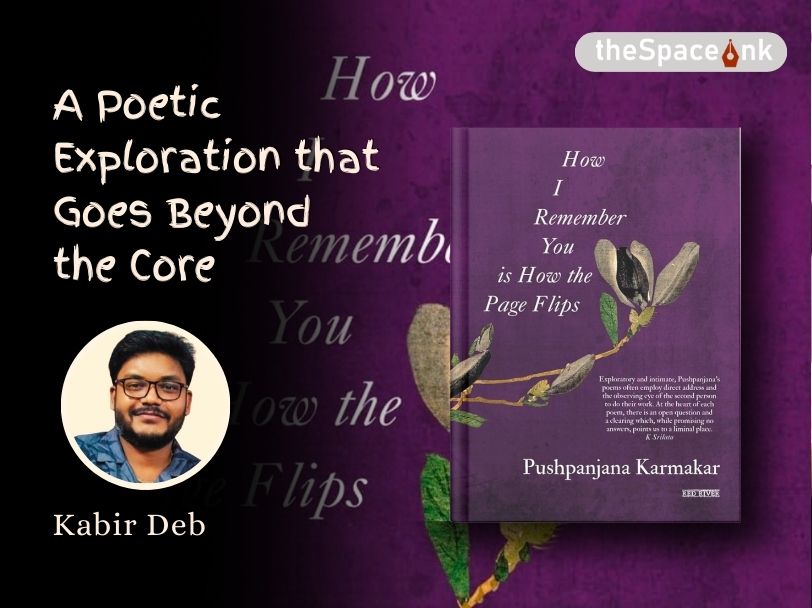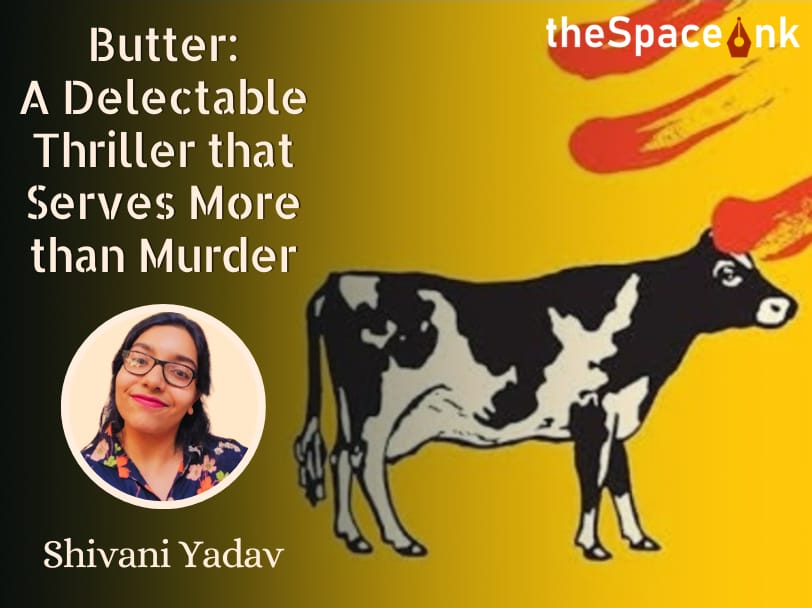John Milton (1608-1674) was a renowned British poet, essayist and a civil servant under the Oliver Cromwell administration. Although remembered the most for writing Paradise Lost, Milton’s other poems are a deep dive into his spirituality and his Christian beliefs that are tinged with hope, love and suffering, often ruminating on philosophical matters. Below are some of his most notable poems:
On His Blindness
When I consider how my light is spent
Ere half my days in this dark world and wide,
And that one talent which is death to hide
Lodg’d with me useless, though my soul more bent
To serve therewith my Maker, and present
My true account, lest he returning chide,
“Doth God exact day-labour, light denied?”
I fondly ask. But Patience, to prevent
That murmur, soon replies: “God doth not need
Either man’s work or his own gifts: who best
Bear his mild yoke, they serve him best. His state
Is kingly; thousands at his bidding speed
And post o’er land and ocean without rest:
They also serve who only stand and wait.”
At a Solemn Music
Blest pair of Sirens, pledges of Heav’n’s joy,
Sphere-born harmonious Sisters, Voice and Verse,
Wed your divine sounds, and mixt power employ
Dead things with inbreath’d sense able to pierce,
And to our high-rais’d fantasy present
That undisturbed Song of pure concent,
Ay sung before that saphire-colour’d throne
To Him that sits thereon
With Saintly shout and solemn Jubilee,
Where the bright Seraphim in burning row
Their loud up-lifted Angel trumpets blow,
And the Cherubic host in thousand choirs
Touch their immortal Harps of golden wires,
With those just Spirits that wear victorious Palms,
Hymns devout and holy Psalms
Singing everlastingly;
That we on Earth with undiscording voice
May rightly answer that melodious noise;
As once we did, till disproportion’d sin
Jarr’d against Nature’s chime, and with harsh din
Broke the fair music that all creatures made
To their great Lord, whose love their motion sway’d
In first obedience, and their state of good.
And keep in tune with Heav’n, till God ere long
To His celestial consort us unite,
To live with Him, and sing in endless morn of light.
Also Read: Remember and Other Poems by Christina Rossetti
On Time
Fly, envious Time, till thou run out thy race,
Call on the lazy leaden-stepping hours,
Whose speed is but the heavy plummet’s pace;
And glut thyself with what thy womb devours,
Which is no more than what is false and vain,
And merely mortal dross;
So little is our loss,
So little is thy gain.
For when as each thing bad thou hast intombed,
And last of all thy greedy self-consumed,
Then long Eternity shall greet our bliss
With an individual kiss,
And Joy shall overtake us as a flood;
When everything that is sincerely good
And perfectly divine,
With truth, and peace, and love, shall ever shine
About the supreme throne
Of Him, t’ whose happy-making sight alone
When once our heav’nly-guided soul shall climb,
Then, all this earthly grossness quit,
Attired with stars, we shall for ever sit,
Triumphing over Death, and Chance, and thee, O Time.
Image Courtesy: Getty Images, Pinterest








